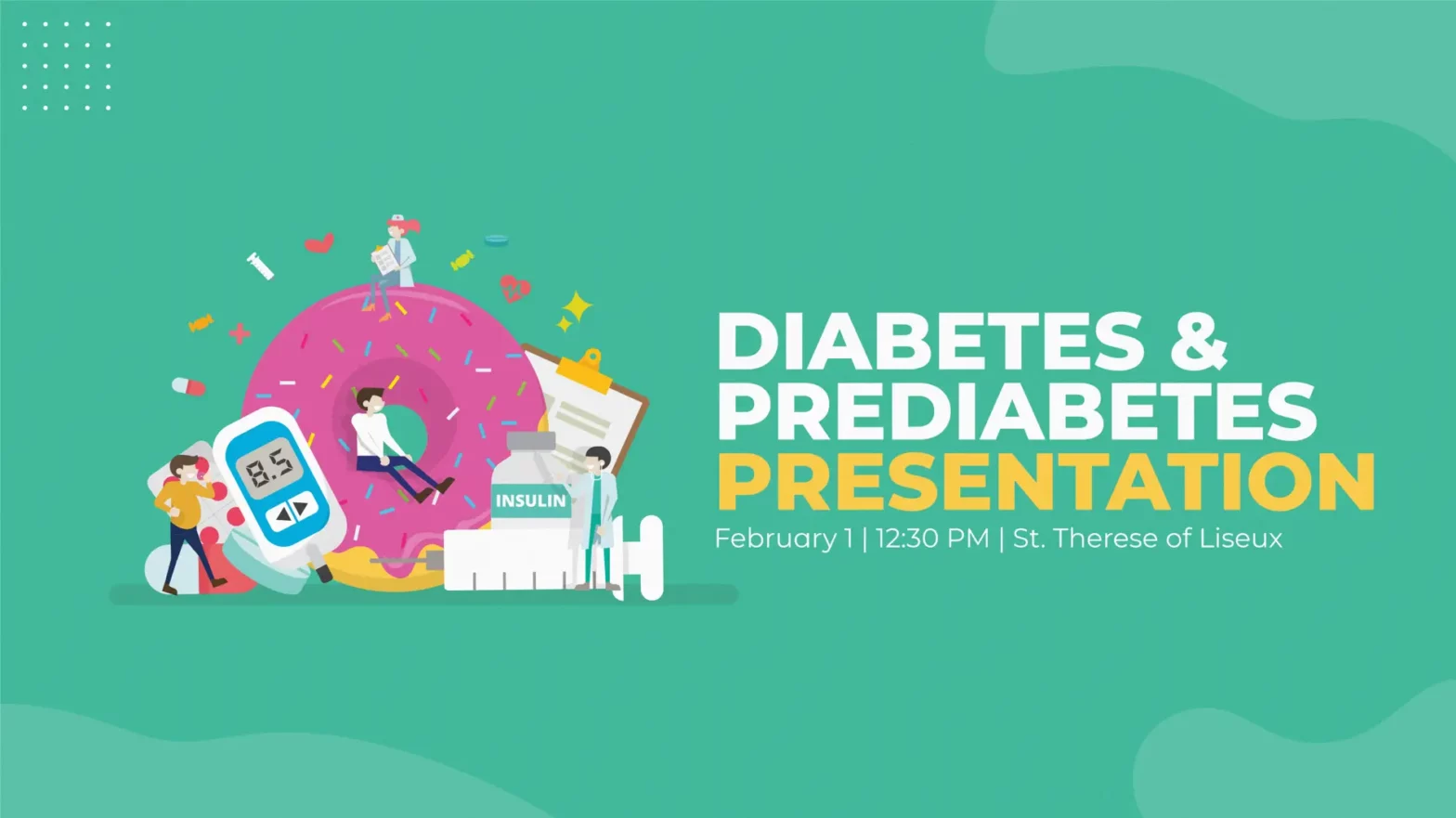Diabetes and Prediabetes
Diabetes is a group of diseases that involve problems with the hormone insulin. Diabetes occurs when the pancreas produces very little or no insulin, or when the body does not respond appropriately to insulin.
Diabetes conditions include:
- Prediabetes occurs when blood sugar is higher than it should be, but not high enough for your doctor to diagnose diabetes. More than a third of people in the United States have it, but most of them don’t know it
- Type 1 diabetes is also called insulin-dependent diabetes and often begins in childhood. Type 1 diabetes is an autoimmune condition which occurs when the body attacks the pancreas with antibodies. The organ is damaged and doesn’t make insulin. Genes might cause this type of diabetes.
- Type 2 diabetes used to be called non-insulin-dependent or adult-onset (usually after the age of 40). About 90% of people with diabetes have type 2. With type 2 diabetes, the pancreas creates some insulin, but either it’s not enough or your body doesn’t use it like it should.
- Gestational Diabetes occurs in middle or late pregnancy because of some form of insulin resistance. Since blood sugar travels through the placenta to the baby, it is important to control it during pregnancy to protect the baby.
Common signs and symptoms of diabetes include increased thirst, frequent urination, extreme hunger, unexplained weight loss, fatigue. Irritability, blurred vision, slow healing sores, frequent infections, presence of ketones in the urine. If you have any of these symptoms, please consult with your physician or healthcare provider immediately.
Diagnosis of diabetes is different depending on what type of diabetes you have. Symptoms for type 1 diabetes may come on suddenly, but for the other types of diabetes, they may come on gradually. The American Diabetes Association (ADA) recommends anyone with a body mass index higher than 25 regardless of age, anyone older than 45, women who have had gestational diabetes, or anyone diagnosed with prediabetes get screened for diabetes.
Diagnostic tests for type 1 and type 2 diabetes and prediabetes include: Glycated hemoglobin (A1C) test, fasting and random blood tests, and oral glucose test.
The treatment for diabetes depends on what type of diabetes you have. Blood sugar monitoring, insulin or oral medications (depending of the type of diabetes you have), maintaining a healthy weight and participating in regular activity are important factors in managing diabetes. If you are a diabetic, make a commitment to yourself to manage your disease so you can reduce the risk of serious complications.
On February 1, 2024, Thursday, from 12:30pm-1:30pm, St. Therese of Lisieux will host a presentation on Diabetes in the Social Hall. Our speaker will be Nicolette Kowal, Board Certified Nurse Practitioner. If you or a family member is a diabetic or would just like to know more about the disease, please join us for an informative lecture and discussion.
Please RSVP to the Parish Secretary at 586-254-4433 or Marilyn Cito, Parish Nurse at 586-254-4433 Ext #320 or Marilync @stol.church.
References:
- www.mayoclinic.org/diseases-conditions/diabetes/symptoms, Patient Care and Health Education, Diseases and Conditions, Diabetes
- www.WebMD.com. Web MD, Diabetes, Diabetes Guide, 2020


